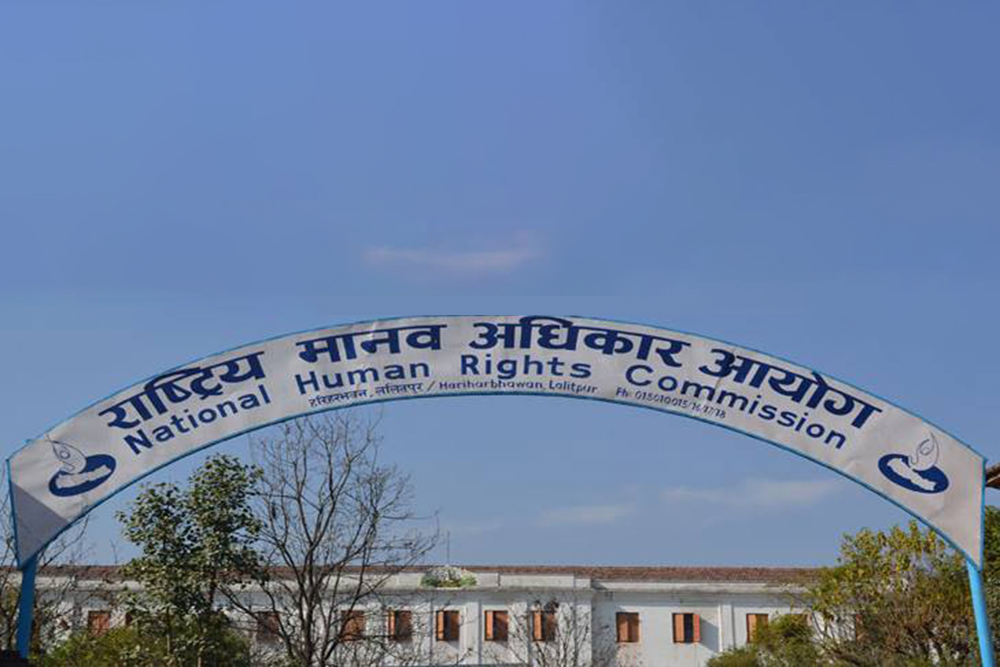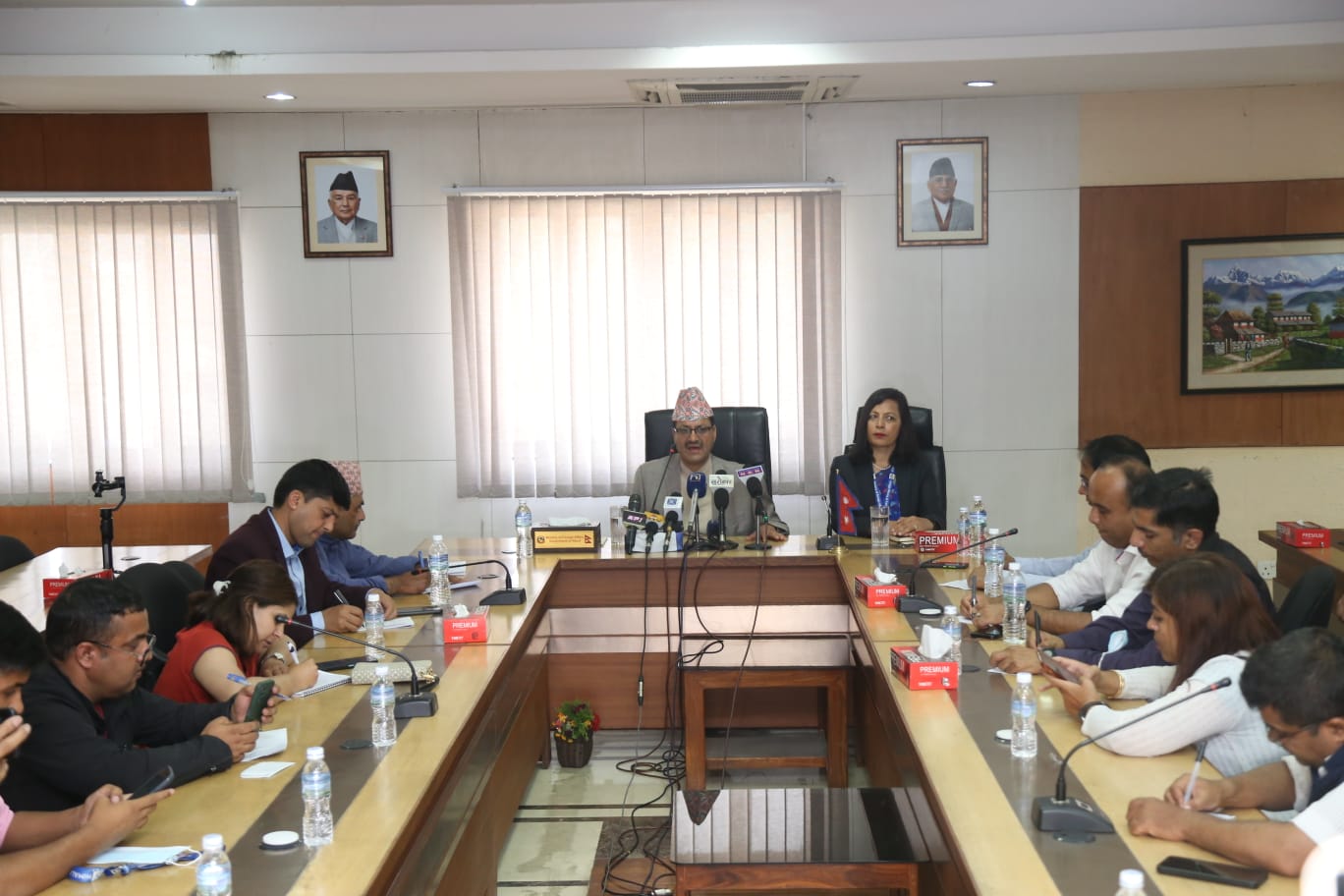
May 1, 2023
- Completion of the first and second reviews under the Extended Credit Facility (ECF) provides Nepal with access to SDR 39.20 million (about US$52.8 million).
- Following a strong post pandemic recovery, external shocks and necessary policy adjustment led to a softening of GDP growth. The much needed monetary policy tightening helped stabilize the external position and lower inflation, while the recent mid year budget review is expected to address near term fiscal risks.
- Sustainable medium term growth will require preserving macroeconomic stability and fiscal reforms in line with debt sustainability, advancing reforms on banking regulations and supervision, reducing the cost of doing business and barriers to FDI, and enhancing governance and the social safety net.
Published Date: May 3, 2023, 12:00 am
Post Comment
E-Magazine
RELATED Uncategorized


